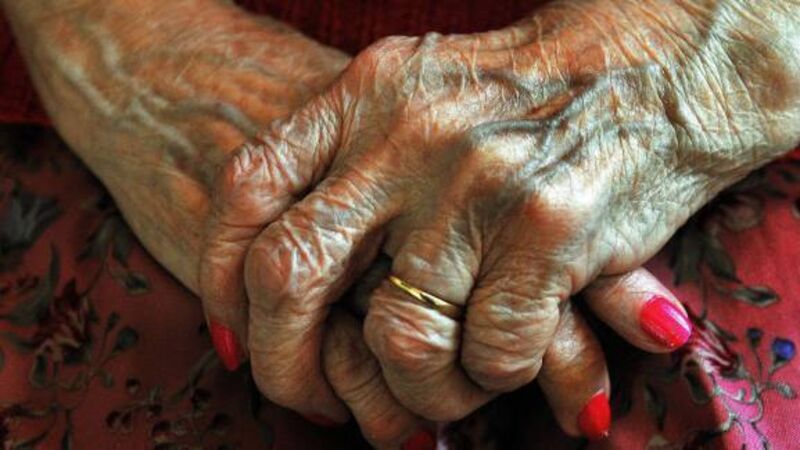Competence is all that matters so why do we put up with ageism?

I’m talking about ageism. Rampant, rancid, going on apparently unstoppably, right now, inside the Labour Party and outside the Labour Party.
Inside the Labour Party, over the last few weeks, the talk was of fresh faces and young talent, both of them pretty crude euphemisms indicative of anti-age prejudice and also startlingly inapplicable in the context. Pick one. Any one of them. Let’s, just for an example, choose the Minister-to-Be-or-Be-Hellish-Surprised Kelly. Alan Kelly’s admirers would claim that he has a perfectly delicious face. In addition, he may be in a position to provide proof that his face hasn’t passed either its sell-by date or its use-by date.















